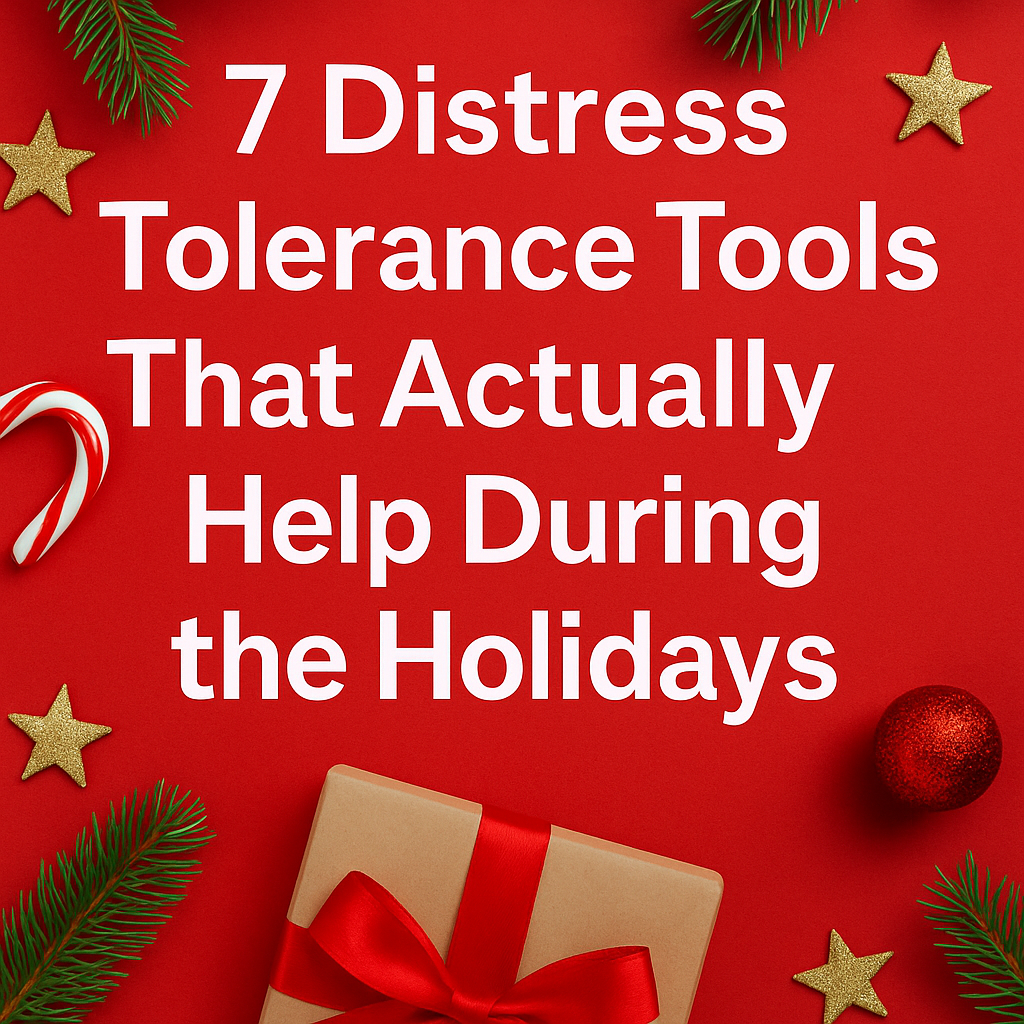If you’ve been stuck in trauma loops, overwhelmed by flashbacks, or numbed out by shutdown you don’t need more “inspiration.” You need tools that actually work.
Let’s be clear:
Not all trauma books are safe.
Some overwhelm your nervous system even more.
Others feel like a thesis when your brain can barely track a sentence.
This list? It’s different.
These are books written for your healing brain not against it. Each one is:
- Gently trauma-informed
- Accessible even when focus is low
- Built with real coping tools, not just education
- Paired with affiliate-linked sensory tools to help you regulate while you read
Let’s dive in.
1. Overcoming Trauma and PTSD: A Workbook
By Sheela Raja, PhD
Buy it on Amazon
What it is: A grounded, practical, no-fluff workbook that gives you tools for managing trauma symptoms without requiring deep dives into your past right away.
Why it works for trauma brains:
- Short, doable exercises
- Includes CBT, mindfulness, and ACT-based strategies
- Doesn’t assume you’re already “stable” or have a therapist
- Feels more like a conversation than a classroom
Perfect if you feel – Disorganized, unsure where to start, overwhelmed by complex trauma talk, or stuck in hypervigilance.
Pair with: Zen Strips Bumpy Gradients
These subtle, textured stickers attach to your phone, notebook, or desk. When grounding skills feel theoretical, these give your body something real to do.
2. What Happened to You? Conversations on Trauma, Resilience, and Healing
By Dr. Bruce Perry & Oprah Winfrey
Buy it on Amazon
What it is: A warm, human-centered conversation between a trauma therapist and Oprah yes, that Oprah about what trauma does to the brain, body, and relationships.
Why it works for trauma brains:
- Emotionally validating, without being triggering
- Full of “aha” moments about why you react the way you do
- Explains complex neurobiology without jargon
Perfect if you feel – Broken, confused about your symptoms, invalidated by others, or tired of feeling like a mystery to yourself.
Pair with:
Dream Drop – Liquid Motion Fidget
This gentle, mesmerizing visual tool is perfect for readers who space out, dissociate, or need a calming focus anchor.
3. The EMDR Workbook for Trauma and PTSD
By Megan Boardman, LCSW
Buy it on Amazon
What it is: A workbook that breaks down how EMDR works and how to safely begin the preparation phase on your own.
Why it works for trauma brains:
- Explains bilateral stimulation, resourcing, and memory processing
- Focuses on safety, grounding, and pacing
- Helps you prep for EMDR with or without a current therapist
Perfect if you feel – Ready to try EMDR, but unsure what it actually is or whether you’re a good fit.
Pair with: Sperax Walking Vibration Pad
A low-effort, full-body sensory reset. Ideal for grounding before or after emotional work especially if you struggle with freeze/shutdown.
4. The Dialectical Behavior Therapy Skills Workbook for Anxiety
By Alexander Chapman, PhD & Matthew Tull, PhD
Buy it on Amazon
What it is: A DBT-based workbook that walks you through emotion regulation, distress tolerance, mindfulness, and body-based grounding.
Why it works for trauma brains:
- Breaks down powerful DBT tools into manageable steps
- Specifically addresses anxiety, PTSD, and panic symptoms
- Uses real-life examples and worksheets without fluff
Perfect if you feel – Like your emotions are either overwhelming or totally absent. If you’re tired of telling yourself to “calm down” with no idea how.
Pair with: Crazy Aaron’s Thinking Putty – Super Scarab
The color-shifting putty is both engaging and soothing ideal during distress tolerance or when practicing TIPP or STOP skills.
5. The Body Keeps the Score
By Bessel van der Kolk, MD
Buy it on Amazon
What it is: The foundational book for understanding trauma as a body-based condition, not just a psychological one.
Why it works for trauma brains:
- Explains why traditional talk therapy often fails
- Offers real science for somatic and neuro-based treatments
- Validates physical symptoms of trauma (sleep, digestion, dissociation, etc.)
Note: This one is dense and not for early-stage readers. But if you’re ready, it’s worth it.
Pair with: Aromatherapy Grounding Patches – 8-Pack
A subtle, scent-based cue to help you stay present. Great for pacing your reading sessions and recovering after difficult chapters.
6. The Mindfulness Workbook for Strengthening Awareness & Living in the Present
What it is: A workbook designed to help trauma-impacted brains slowly rebuild awareness, attention, and emotional presence without forcing calm.
Why it works for trauma brains:
- Written by a trauma therapist
- Each practice takes 2–5 minutes
- Focuses on reconnection, not performance or positivity
- Perfect for daily nervous system rehab
Pair with: 528Hz Breathing Meditation Necklace
A sleek, whisper-quiet breathing tool that instantly slows your exhale and reduces activation.
BONUS: Mental Health Grounding Techniques Workbook
What it is: A grounding workbook specifically for people who don’t feel safe in their own body. Built for anxiety, anger, panic, and trauma triggers.
Why it works for trauma brains:
- Combines DBT, somatic, and sensory strategies
- Uses clear language and visual grounding prompts
- Trauma-informed, therapist-created, and zero pressure
Perfect if you feel: Easily overwhelmed, triggered by journaling, or unsure how to stay in the present moment when emotions flare.
Pair with: Any of the tools above especially the Dream Drop, Putty, or Sperax Pad.
Final Thoughts: You Don’t Need to “Be Ready” to Heal
If your trauma symptoms have made it hard to focus, feel, or function, it’s not because you’re lazy, broken, or beyond help. It’s because your nervous system is doing its job: protecting you.
These books and the simple sensory tools alongside them are here to help you gently guide your system back to safety.
You don’t have to do it all.
You don’t have to feel better overnight.
You just have to start somewhere small.
Your PTSD Recovery Reading List
| Book | Best For | Pair With |
| Overcoming Trauma and PTSD | Getting started, structure, first steps | Zen Strips |
| What Happened to You? | Feeling seen, understanding your patterns | Dream Drop |
| EMDR Workbook | Prepping for EMDR or learning self-reg tools | Sperax Pad |
| DBT Skills Workbook for Anxiety | Emotional regulation, panic, PTSD | Thinking Putty |
| The Body Keeps the Score | Understanding trauma-body connection | Aromatherapy Patches |
| Mindfulness Workbook (Suzette Bray) | Rebuilding focus, presence, and regulation | Breathing Necklace |
| Grounding Techniques Workbook | Managing intense emotions with DBT | Any sensory tool |







